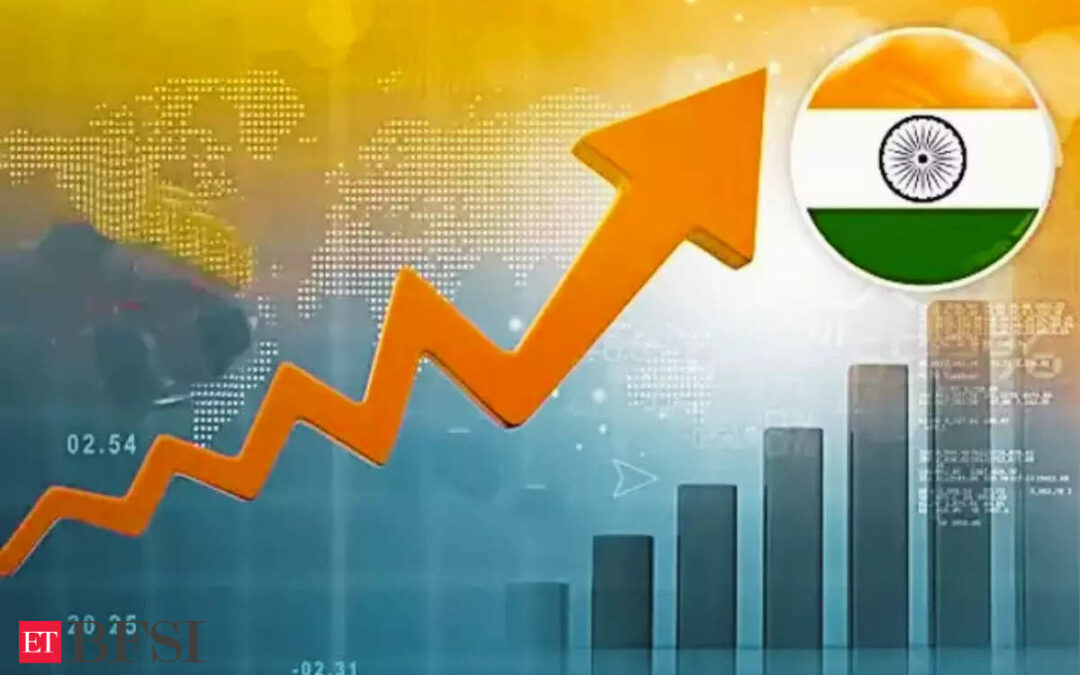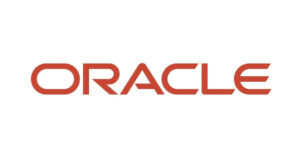Kotak Mahindra Asset Management Company has released its Market Outlook 2025, highlighting five investment themes that are set to shape the Indian economy and capital markets.
From a multi-year capex cycle to advancements in technology, rural consumption revival, and rising healthcare demand, the report outlines critical opportunities for investors. Fixed-income investments, driven by anticipated interest rate cuts, also feature prominently, offering stability amid a shifting economic landscape.
Fixed-income investments are expected to benefit from rate cuts, with 10-year G-Sec yields projected to trade between 6.25%-6.50%. Managing Director Nilesh Shah emphasised investing in fundamentally strong companies amid market corrections and highlighted value opportunities in private banks, auto, telecom, pharma, and IT.
Nilesh Shah, Managing Director, Kotak Mahindra AMC said, “Market corrections are opportunities to invest in fundamentally strong companies at reasonable valuations. With earnings growth set to drive the market and limited room for P/E expansion, it’s essential to moderate return expectations and focus on sustainable, long-term growth. Fixed income investments now offer competitive returns with lower risk, especially in longer durations. While increased government spending and strong consumption trends fuel optimism, value opportunities exist in sectors like private banks, auto, telecom, pharma, and IT. The upcoming wedding season is poised to boost consumption and economic growth, making this a suitable time for selective and disciplined investing.”Here are the five themes spotlighted by Kotak AMC:
Capex Cycle Revival
India is already into a crucial multi-year capital expenditure (capex) cycle, which is expected to drive significant economic growth. The central govt. and listed corporate spending are likely to grow while state spending is likely to lag. The expansion in corporate order books across multiple sectors highlights the widespread nature of this cycle. The number of projects has reached levels last seen in 2017. Private Sector projected cost is at a decadal high at Rs 55,122 billion.
Penetrating Financial Services
Financial services is a diverse sector with varying performance across subcategories. The gap between Bank credit growth and deposit growth is narrowing which could ease pressure on margins. The Banking sector has seen healthy return ratios and improving capital adequacy levels reducing the need for fresh capital. The banking sector valuations are reasonable versus the broader market and are close to long term averages for both public and private sector banks.
Technology – New Age Service Offerings
IT services spending is expected to improve, with increased spending in cloud services. India is expanding its offerings in new-age services such as AI, blockchain, and cybersecurity, positioning itself as a key player in the global tech landscape. One of the key drivers for the sector is the rise of generative AI. AI demand is expected to grow 15x from 2022 to 2027E.
Consumption and Rural Revival
India’s consumption sector has shown a mixed recovery post-COVID, with premium products doing well while mass consumption lagged. Urban areas have outperformed rural consumption so far, though rural spending is now showing signs of recovery. Nuclearisation of families has gone up from 34% in 2008 to 50% in 2022 which would structurally drive consumption demand. The shift from unorganised retail to organised retail is another key underlying driver for the sector.
Healthcare
Healthcare spending is set to increase with the rise in per capita GDP. As the population ages, there’s a global trend of increasing medical spending. India is well-positioned to meet this growing demand, being a major producer of pharmaceuticals and vaccines. India is emerging as the best alternative outsourcing destination as companies look to de-risk supplychains away from China and in the area of Contract Development and Manufacturing Organisations (CDMOs). The market for small molecule discovery is also large and growing, with significant increases in R&D spending.
Fixed income investments are increasingly captivating given the current market conditions. Allocating a portion of portfolios to fixed income may help to offer stability to the portfolio while reducing risk. With interest rates on a structural decline but expected fluctuations, focusing on longer-duration instruments—ideally with a 12 to 18-month horizon — would allow investors to benefit from potential future rate cuts. As per the report, RBI is likely to cut rates by 50-75 bps between now and Dec 2025. The combined Centre and State deficit for FY 26 is expected to close near 7%, could lead to an India rating upgrade in. FY 26.
Favourable macroeconomic conditions, potential rating upgrades, balanced demand-supply dynamics, and rate cuts are likely to lead the 10-year G-Sec yield to trend lower, trading in the band of 6.25% to 6.50%. This makes fixed income investments a compelling opportunity for those seeking sustainable returns in the current market scenario.











